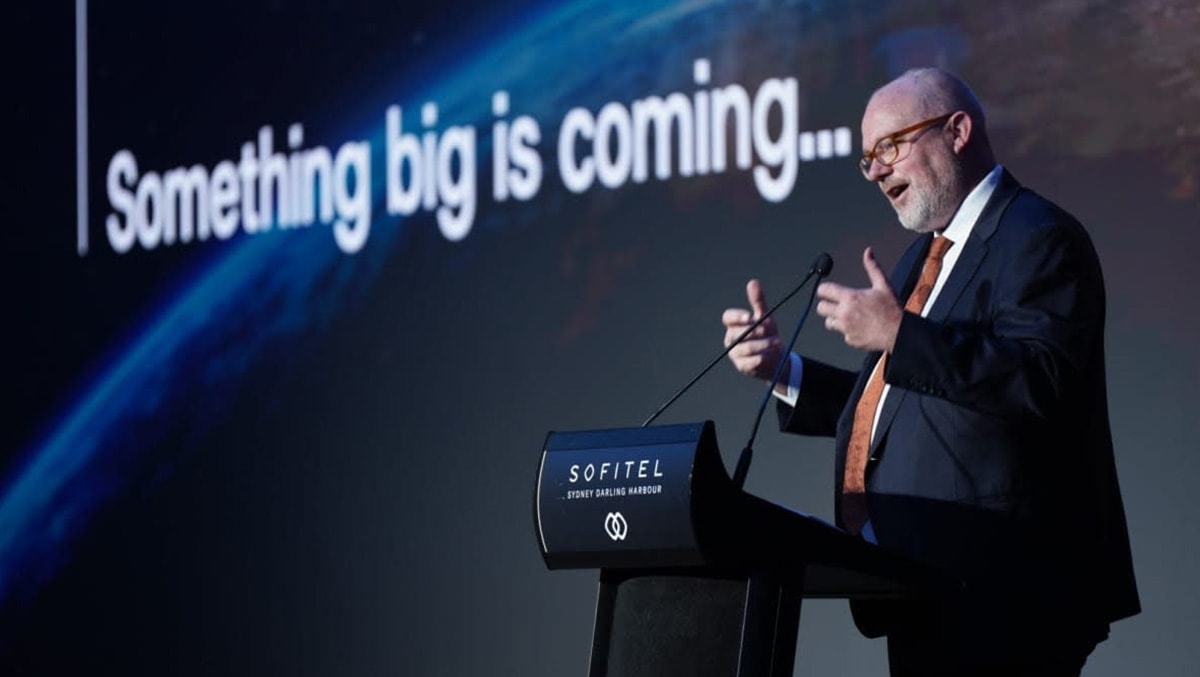The Albanese government has announced plans to establish the Australian AI Safety Institute (AISA), set to become operational by early 2026. The new agency aims to evaluate emerging artificial intelligence technologies and address their associated risks, ensuring the safety of Australians as AI adoption accelerates.
AISA will collaborate directly with industry regulators to monitor the potential risks and harms of AI technologies while providing guidance on safety practices for both public and private sectors. Tim Ayres, Minister for Industry and Innovation, emphasized the transformative potential of AI, stating, “Adopted properly and safely, AI can revitalise industry, boost productivity and lift the living standards of all Australians.” However, he also cautioned about the dual nature of AI’s impact, highlighting the need for safeguards to protect against its malign uses.
“The Albanese Labor Government is establishing the AI Safety Institute to provide the capability to assess the risks of this technology dynamically over time,” Ayres added. The Institute will serve as the government’s hub for AI safety expertise, emphasizing transparency, responsiveness, and technical rigor to instill confidence in the safe use of this “game-changing technology.”
AISA will ensure compliance with Australian laws and legal standards among AI companies, working in conjunction with the National AI Centre, the International Network of AI Safety Institutes, and various domestic and international partners. Dr. Andrew Charlton, Assistant Minister for Science, Technology and the Digital Economy, remarked on AI’s significant contributions to productivity, underscoring the government’s commitment to collaborating closely with industry, unions, and civil society to promote safe and responsible AI uptake.
“The Institute will help identify future risks, enabling the government to respond to ensure fit-for-purpose protections for Australians,” Dr. Charlton stated. The government also noted that protecting citizens from the potential harms of AI will be a central element of its upcoming National AI Plan, which is expected to be released by the end of this year.
The Australian Council of Trade Unions (ACTU) welcomed the government’s decision as a “critical step” toward safeguarding jobs while fostering growth. Joseph Mitchell, ACTU Assistant Secretary, stated, “AI is a rapidly evolving technology with broadening applications and uses. Unions welcome the new AI Institute as a vital tool for all regulators to protect against bad-faith uses of the technology.” He further added that it is crucial for the Institute to hold developers accountable to Australian law and community expectations, especially given that many AI models are developed overseas.
Mitchell emphasized the importance of sharing the benefits of AI with working people, noting that “too many livelihoods have been stolen in the rapid development of these models.” He asserted that protecting against potential harms is the first step toward ensuring that the advantages of AI are equitably distributed.
As AI continues to evolve and integrate further into various sectors, the establishment of AISA represents a proactive approach by the Australian government to navigate the complexities and challenges posed by this transformative technology. The institute not only aims to safeguard public interest but also seeks to leverage AI’s potential to benefit the economy and enhance the quality of life for Australians.
See also Trump Launches AI ‘Genesis Mission’ to Enhance Federal Scientific Research
Trump Launches AI ‘Genesis Mission’ to Enhance Federal Scientific Research Local Governments Adopt AI Solutions to Cut Housing Permit Review Times by Days
Local Governments Adopt AI Solutions to Cut Housing Permit Review Times by Days Government CIOs Anticipate 52% Budget Increase for AI Investments by 2026
Government CIOs Anticipate 52% Budget Increase for AI Investments by 2026 Ghana’s Minister George Unveils $200M AI Strategy to Boost Inclusion in Key Sectors
Ghana’s Minister George Unveils $200M AI Strategy to Boost Inclusion in Key Sectors UK Government Unveils New Binding AI Legislation and Strategic Action Plan for 2025
UK Government Unveils New Binding AI Legislation and Strategic Action Plan for 2025



























































